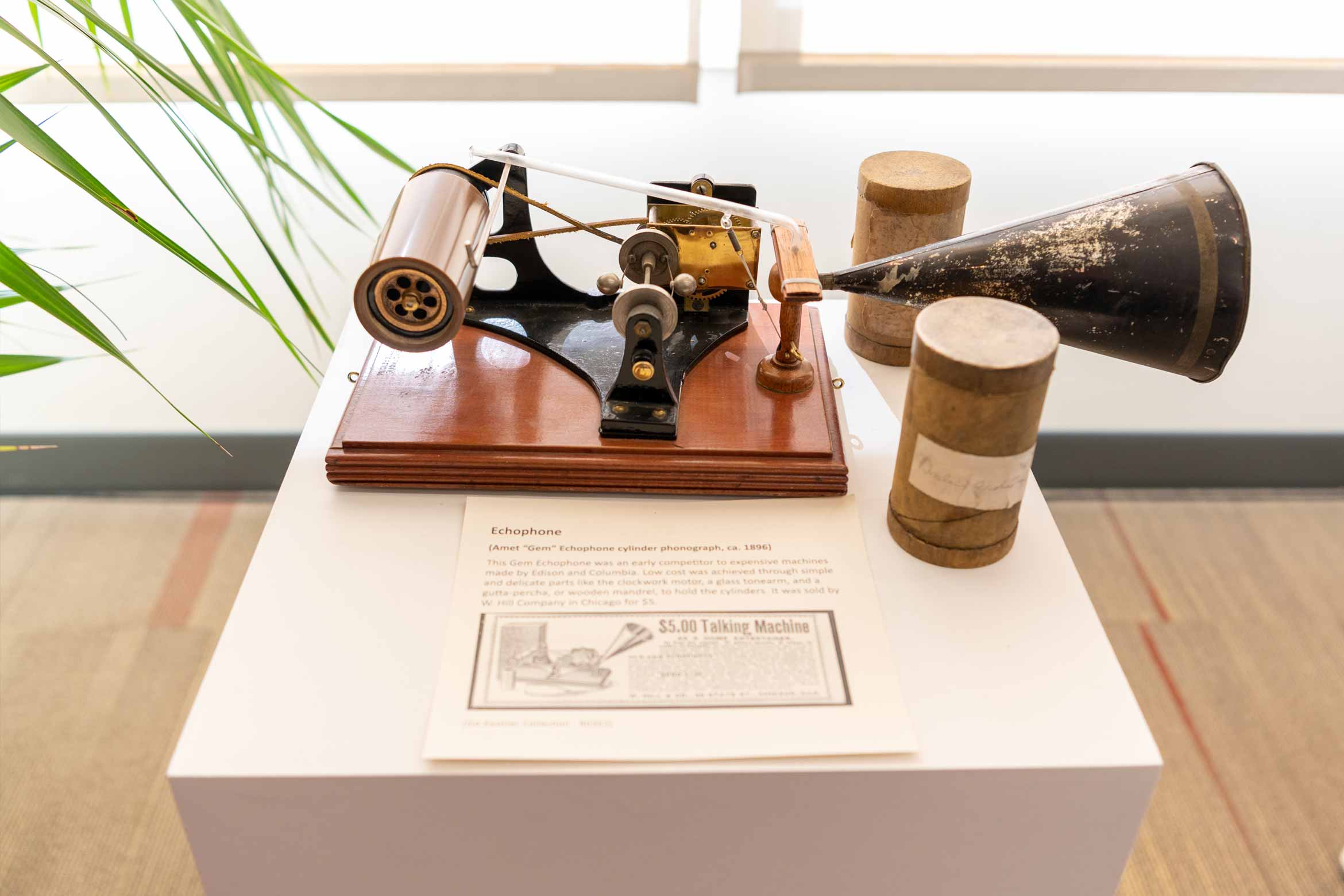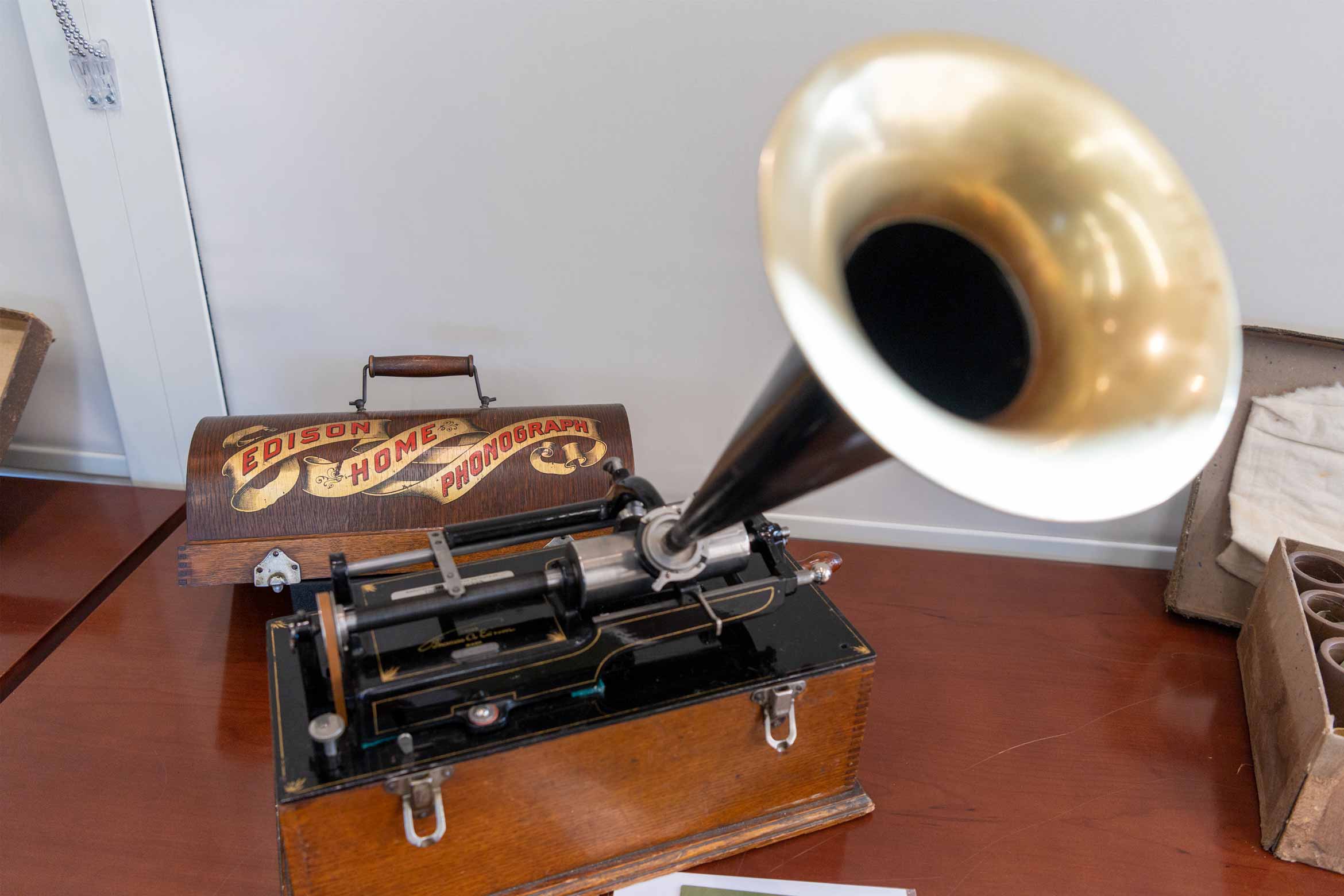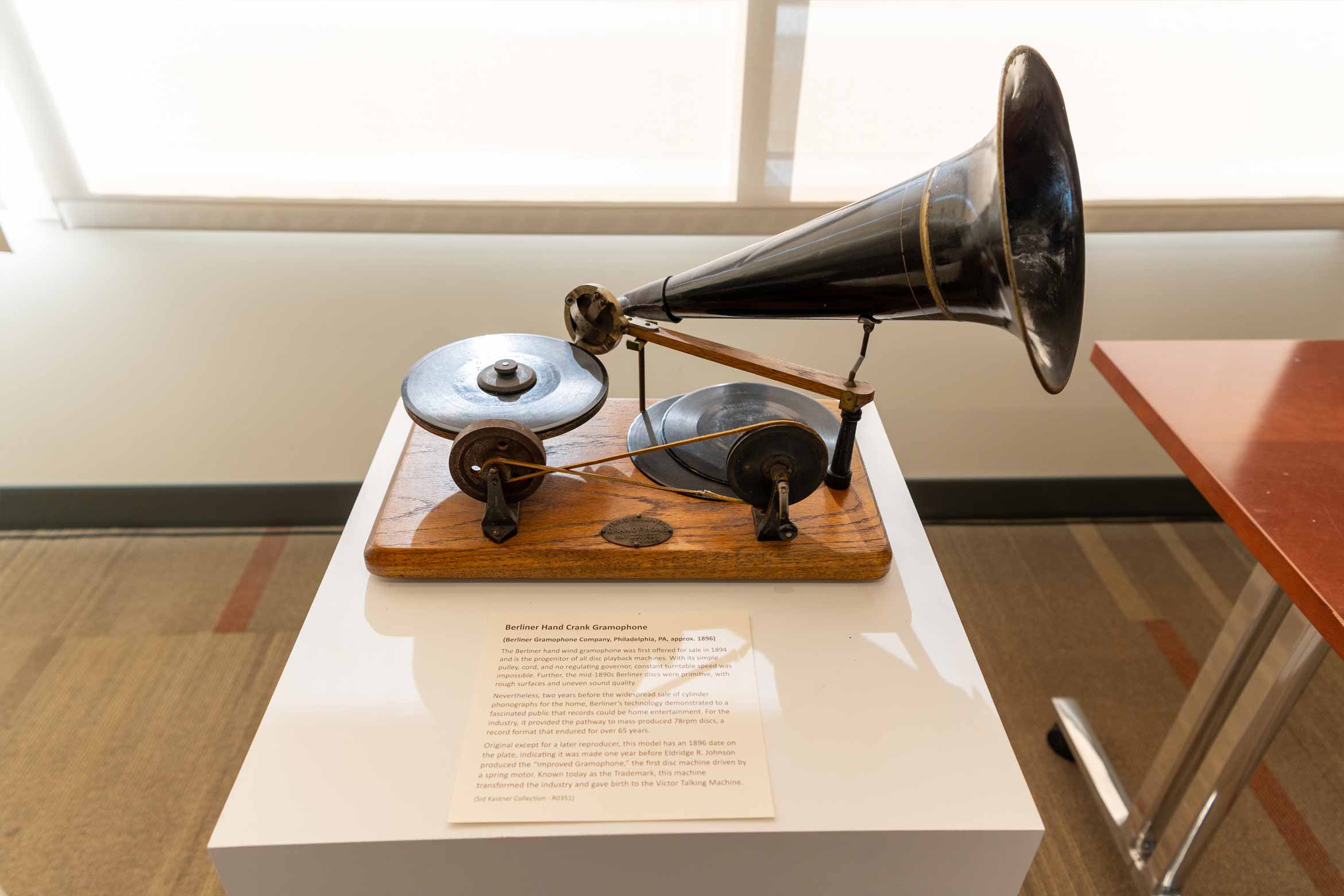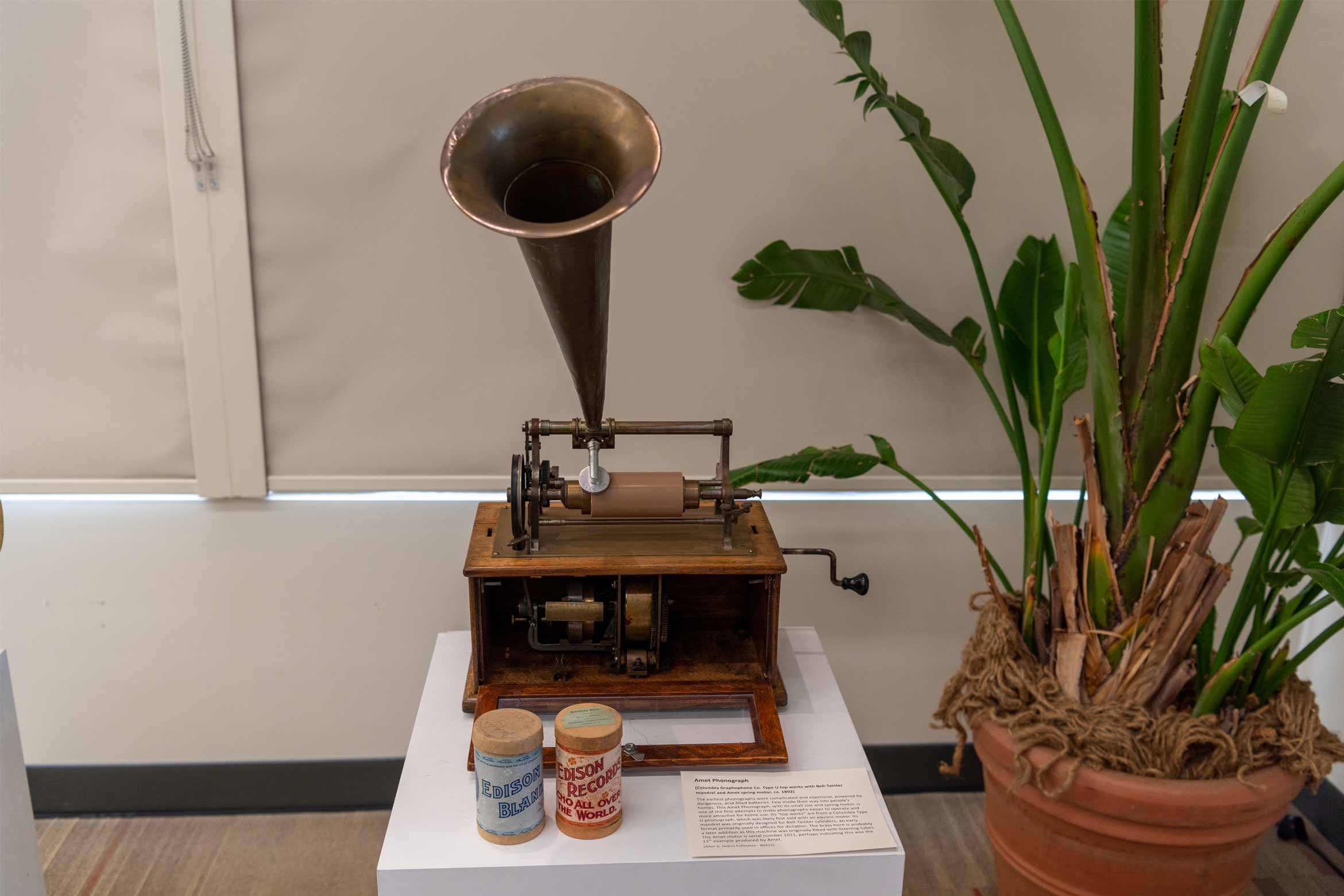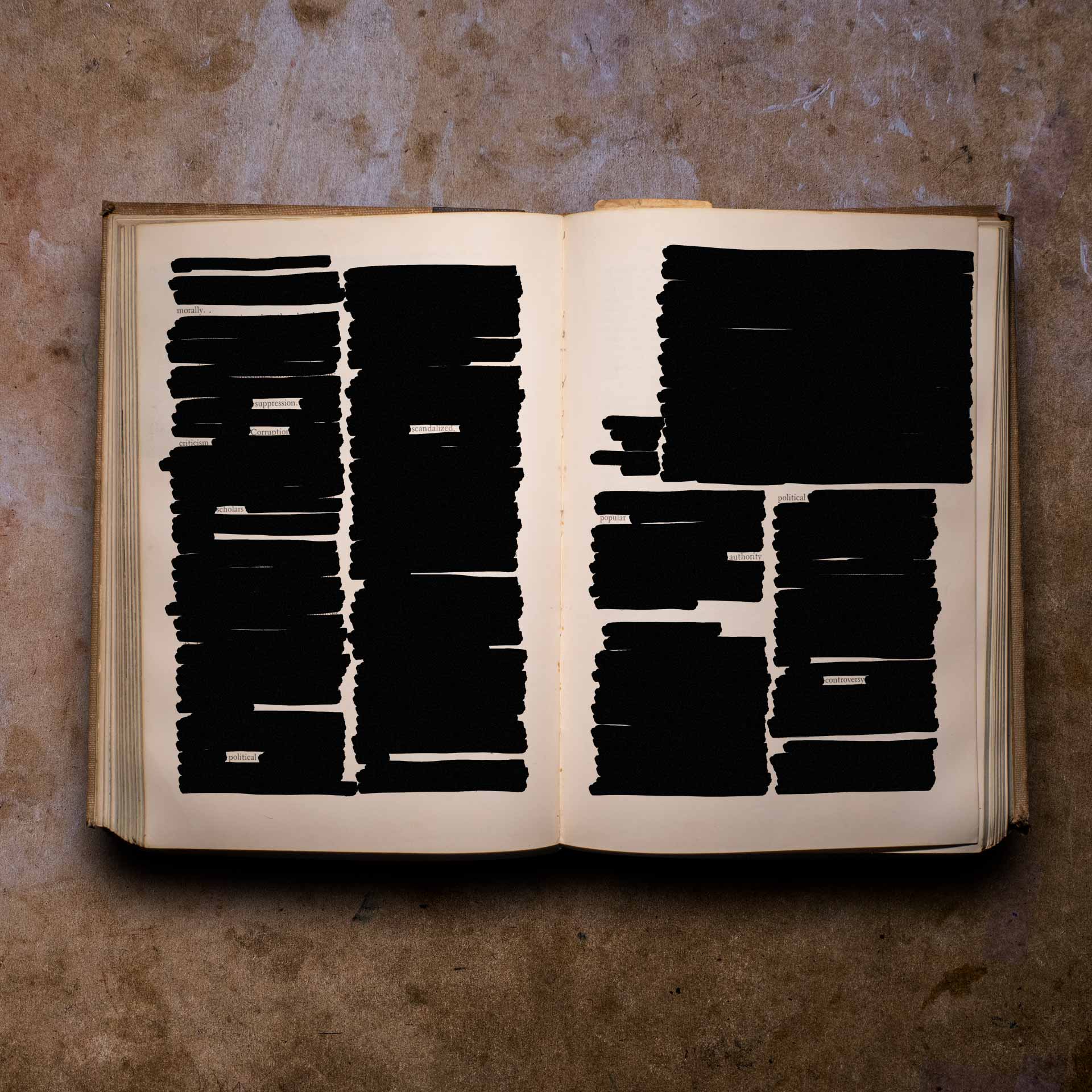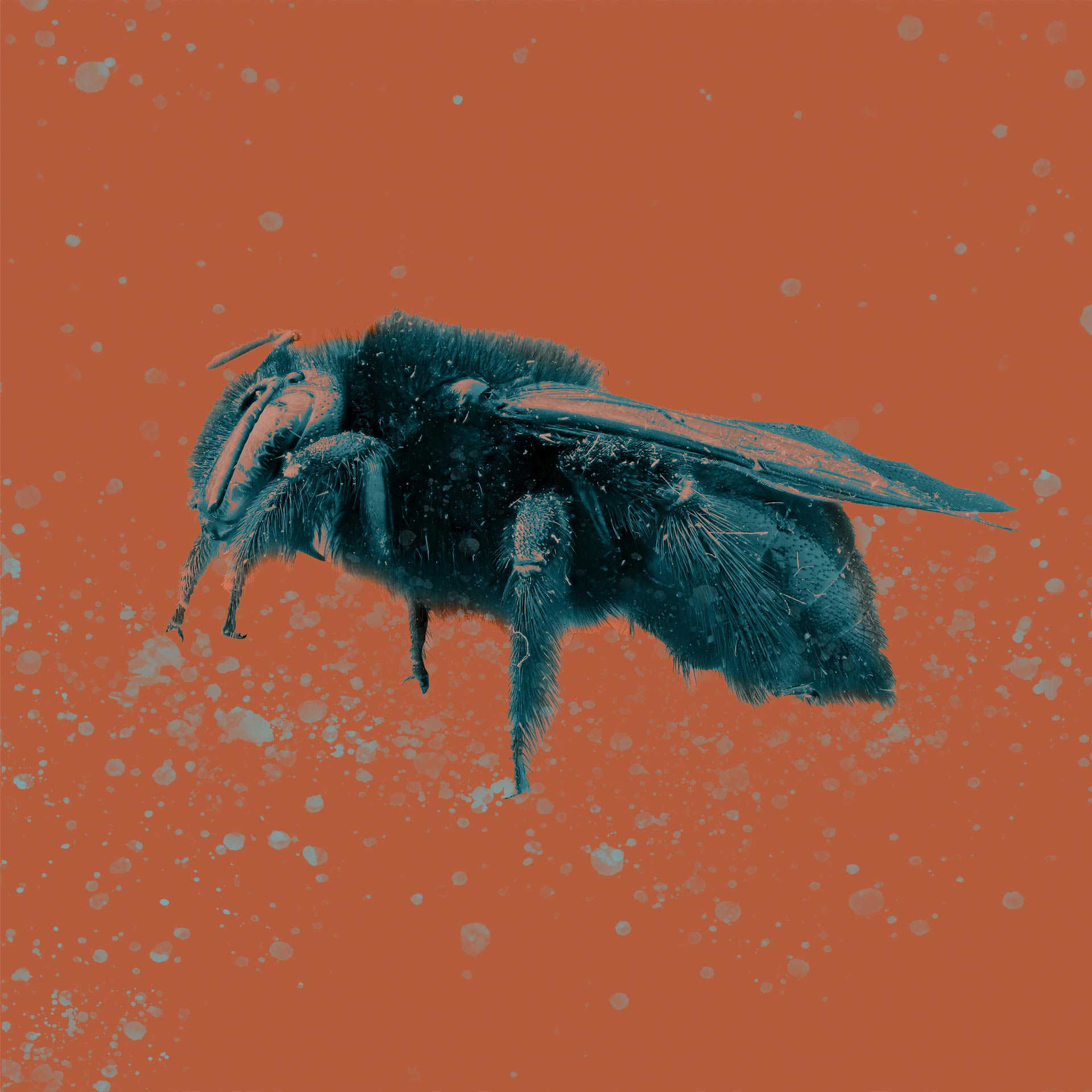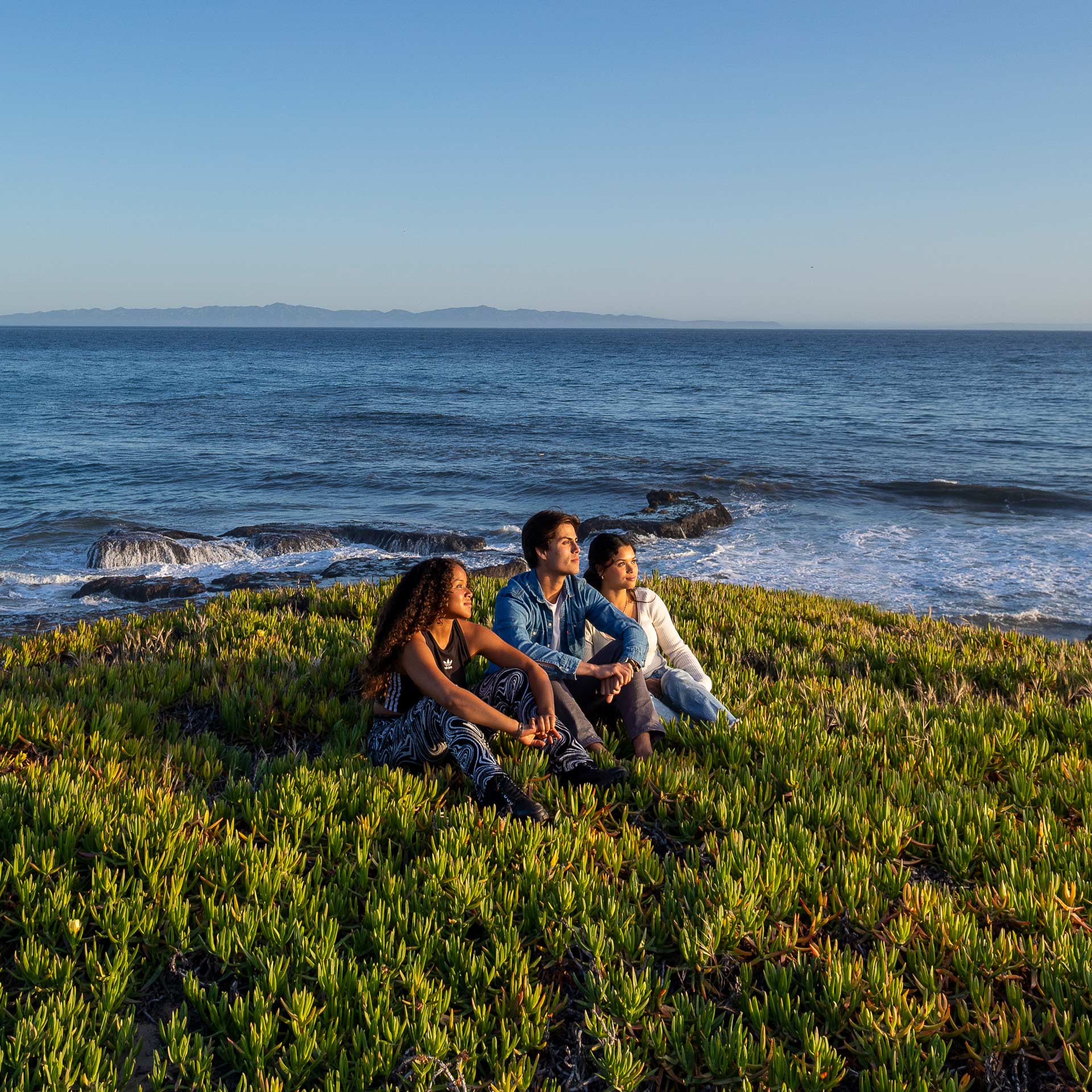In a race against time, the elements and eBay, the UC Santa Barbara Library, in collaboration with L.A.-based collector John Levin, has created the Early Recordings Initiative — the first public-private partnership to promote the preservation and digitization of pre-1903 sound recordings and public access to them.
“The majority of these recordings have been lost due to their sensitivity to humidity and poor handling over the years,” said Levin. “It’s amazing that any of these have survived.”
First invented by Edison in 1877 and made of tinfoil, commercialized early recordings were made on wax cylinders about the size of soda cans. The cylinders have a brown, soaplike texture that makes them extremely fragile.
“Early recordings are like endangered species that scientists know cannot survive in the wild,” said Levin. “These records need special handling and care if they are to survive more than another 20 to 30 years.
“Brown wax cylinders document an important time in our history,” Levin added. “They came before the dawn of mass media and before there was a music industry or commercializing of music and spoken word as a commodity. It’s a time of tremendous change, industrialization, people moving from rural areas to cities, and economic instability.”
Cylinders made before 1903 are particularly important as that was the year they began to be mass-produced. Most extant pre-1903 recordings are one-of-a-kind. “When we think of a record now, we think of a record being a copy,” said Levin. “Before 1903, there was almost no such thing as a copy because they were made in small batches.” Unlike printed materials, these early recordings have not been systematically collected, documented or studied — until recently.
